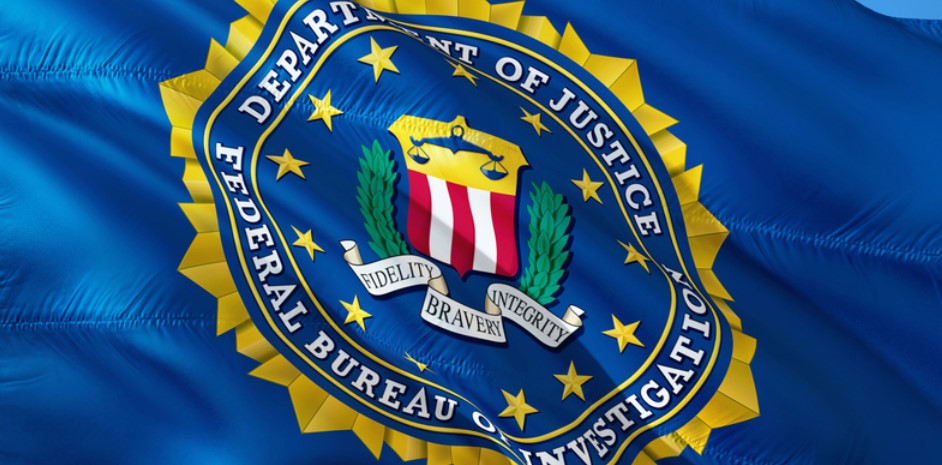The U.S. Marshals Service and the FBI have issued a warning to the public regarding a surge in phone scams involving individuals impersonating law enforcement officials. These scammers are deceitfully presenting themselves as U.S. Marshals, court officers, or other government agents to extort money from victims. They typically claim that the individual has committed serious offenses, such as identity theft or neglecting jury duty, and demand monetary payments to avoid arrest or legal consequences. To perpetrate their fraud, these callers instruct victims to withdraw cash as a “fine,” transfer money to government accounts, or purchase prepaid debit or gift cards, as well as direct victims to deposit funds into Bitcoin ATMs, emphasizing the urgency of their alleged legal troubles.
Scammers have perfected their deceptive techniques by using actual badge numbers, names of real law enforcement officials, and the identities of federal judges, which lends an air of credibility to their threats. Moreover, they employ caller ID spoofing, making it appear as though the call is coming directly from a legitimate government agency. Reports from Colorado illustrate the dangers of this scam, with individuals falsely accused of crimes being pressured into making payments to avoid arrest. The U.S. Marshals Service has confirmed numerous cases where victims have lost significant sums of money, amounting to tens of thousands as a result of these fraudulent schemes.
In response to these scams, authorities are urging victims to promptly report incidents to local law enforcement and to file complaints with the FBI’s Internet Crime Complaint Center (IC3), which operates at ic3.gov. This platform allows victims to remain anonymous while providing valuable information that can assist with investigation efforts. Law enforcement agencies are making it clear that victims should never share personal or financial details with unknown callers, reinforcing that the U.S. Marshals Service will never request sensitive information such as credit card numbers or Bitcoin deposits in connection with any legal matter.
To protect themselves, individuals are encouraged to disregard calls from unknown numbers and to verify any claims of court orders by directly contacting local court clerks. Awareness of these scams is crucial, as they are part of a broader issue involving cyber-enabled crimes. According to the FBI’s IC3, over $37 billion has been lost due to such criminal activity between 2019 and 2023. Although the IC3 may not respond to every report individually, the data collected helps law enforcement agencies analyze and tackle emerging threats.
The tips and information provided by victims are invaluable to law enforcement. The IC3 emphasizes that these submissions can be instrumental in tracking crime trends and threats, enabling better investigations and in some instances, the freezing of stolen funds. The data is shared across the FBI’s extensive network of field offices and law enforcement partners, enhancing the collective response to cybercrime issues both at local and national levels. By cooperating with the IC3 and other law enforcement agencies, victims can contribute to strengthening the overall defense against phone scams and cyber-enabled crimes.
In light of this alarming trend, it’s imperative that the public remains vigilant and informed. Scammers exploit fear and uncertainty, and their tactics can be sophisticated, making it critical for individuals to recognize the signs of fraud. By maintaining awareness, educating others, and sharing information about the proper channels for reporting such scams, communities can work together to mitigate the impact of these crimes. It’s essential for everyone to stay cautious and skeptical of unsolicited phone calls, especially those threatening legal repercussions or demanding immediate payment.

